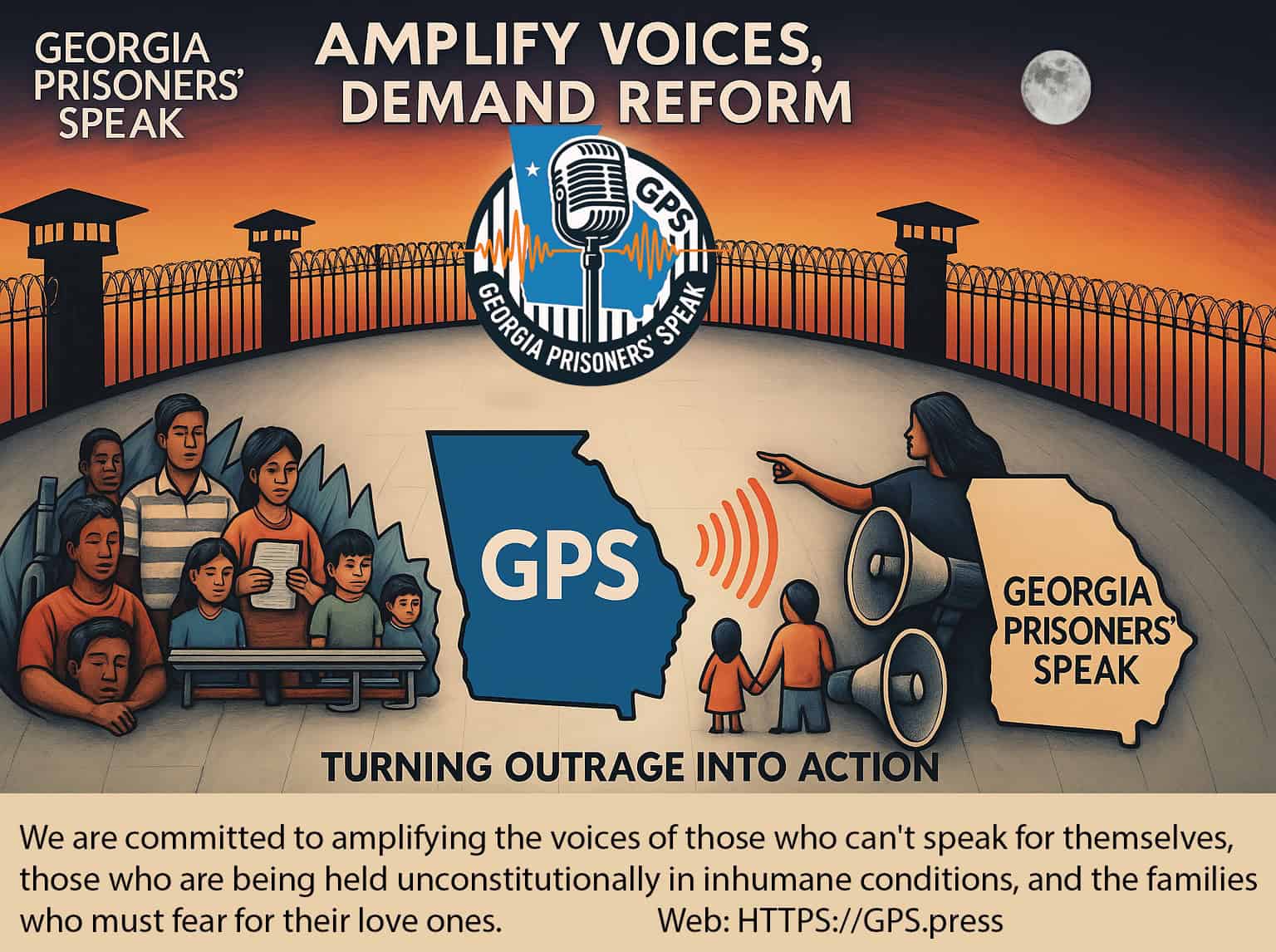Georgia violates inmates’ constitutional right to healthcare every day. 156 inmates died in Georgia prisons in 2024—many from preventable medical neglect. The 1976 Supreme Court case Estelle v. Gamble established that ignoring inmates’ serious medical needs violates the Eighth Amendment. The DOJ found Georgia’s prisons unconstitutionally dangerous, citing “deliberate indifference” to inmate health. Georgia knows the legal standard. It chooses not to meet it. 1
What Estelle v. Gamble Requires
The Supreme Court established clear constitutional requirements:
- Access to care—prisons must respond promptly to serious medical complaints
- Treatment compliance—prescribed treatments cannot be delayed or denied
- Professional judgment—medical decisions must be made by medical professionals, not guards
To prove a violation, inmates must show: a serious medical need, and deliberate indifference by officials. Georgia’s prisons fail both tests constantly.
Georgia’s Deliberate Indifference
The DOJ investigation documented systematic healthcare failures:
- Delayed care—inmates wait months for treatment while conditions worsen
- Denied medications—prescribed treatments withheld without medical justification
- Understaffed medical units—not enough providers for the prison population
- Guard interference—security staff overriding medical decisions
The DOJ found that Georgia’s prison healthcare “subjects prisoners to a substantial risk of serious harm.” That’s the legal definition of an Eighth Amendment violation—and the DOJ proved it. 2
The Human Cost
Constitutional violations have real consequences:
- Preventable deaths—inmates die from treatable conditions
- Chronic suffering—untreated pain and illness for months or years
- Mental health crises—psychiatric conditions ignored until crisis
- Infectious disease spread—untreated conditions endanger entire facilities
Georgia spends $60,000 per inmate annually—and can’t provide basic medical care. The money exists. The will to provide care doesn’t.
What Reform Requires
Meeting Estelle v. Gamble’s standard requires:
- Adequate medical staffing—enough providers to see patients promptly
- Independent medical authority—healthcare decisions made by healthcare professionals
- Functioning equipment—working diagnostic and treatment tools
- External oversight—independent monitoring of healthcare delivery
Other states meet these standards. Georgia chooses not to.
Take Action
Use Impact Justice AI to send advocacy emails demanding constitutional healthcare in Georgia prisons. The free tool crafts personalized messages to Georgia lawmakers—no experience required.
Demand:
- Compliance with Estelle v. Gamble standards
- Independent medical oversight of prison healthcare
- Accountability for preventable deaths
- Adequate funding for prison medical staff
Further Reading
- Death by Neglect: How Georgia Prisons Fail to Provide Medical Care
- Profit Over People: The Privatization of Georgia’s Prison Healthcare
- GPS Informational Resources
- Pathways to Success
About Georgia Prisoners’ Speak (GPS)
Georgia Prisoners’ Speak (GPS) is a nonprofit investigative newsroom built in partnership with incarcerated reporters, families, advocates, and data analysts. Operating independently from the Georgia Department of Corrections, GPS documents the truth the state refuses to acknowledge: extreme violence, fatal medical neglect, gang-controlled dorms, collapsed staffing, fraudulent reporting practices, and unconstitutional conditions across Georgia’s prisons.
Through confidential reporting channels, secure communication, evidence verification, public-records requests, legislative research, and professional investigative standards, GPS provides the transparency the system lacks. Our mission is to expose abuses, protect incarcerated people, support families, and push Georgia toward meaningful reform based on human rights, evidence, and public accountability.
Every article is part of a larger fight — to end the silence, reveal the truth, and demand justice.


1 thought on “How Estelle v. Gamble Shapes Prison Healthcare Rights”